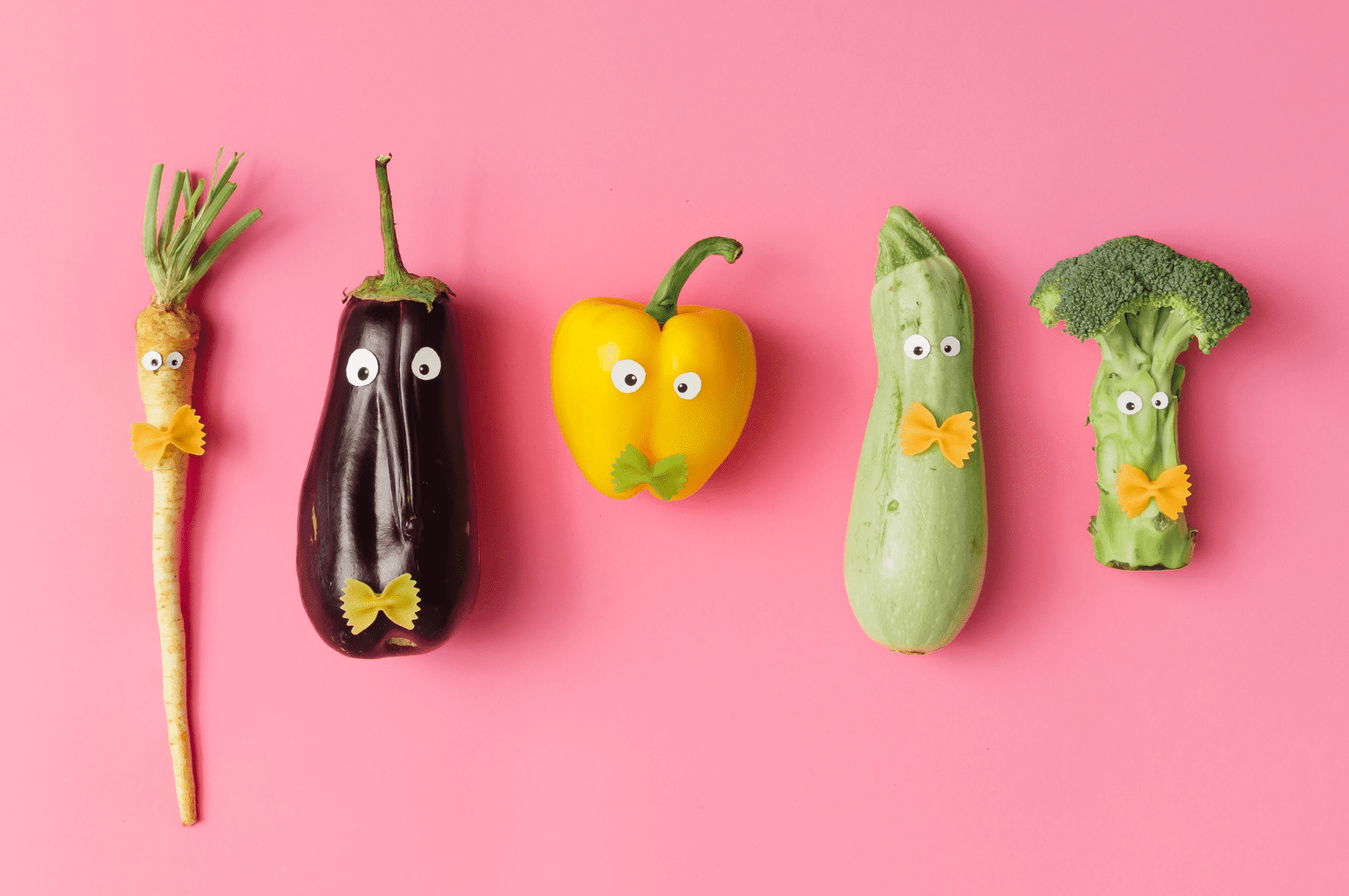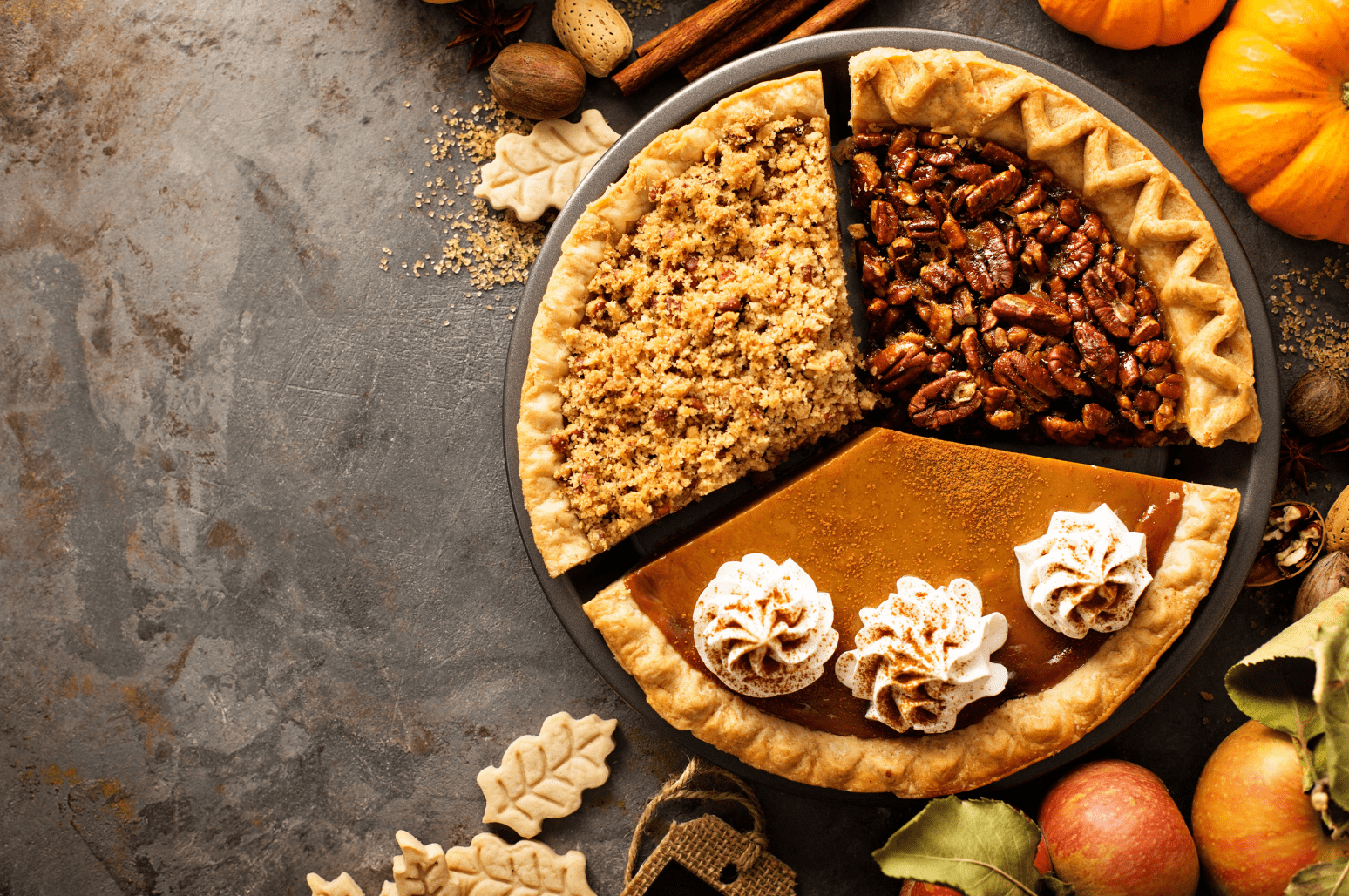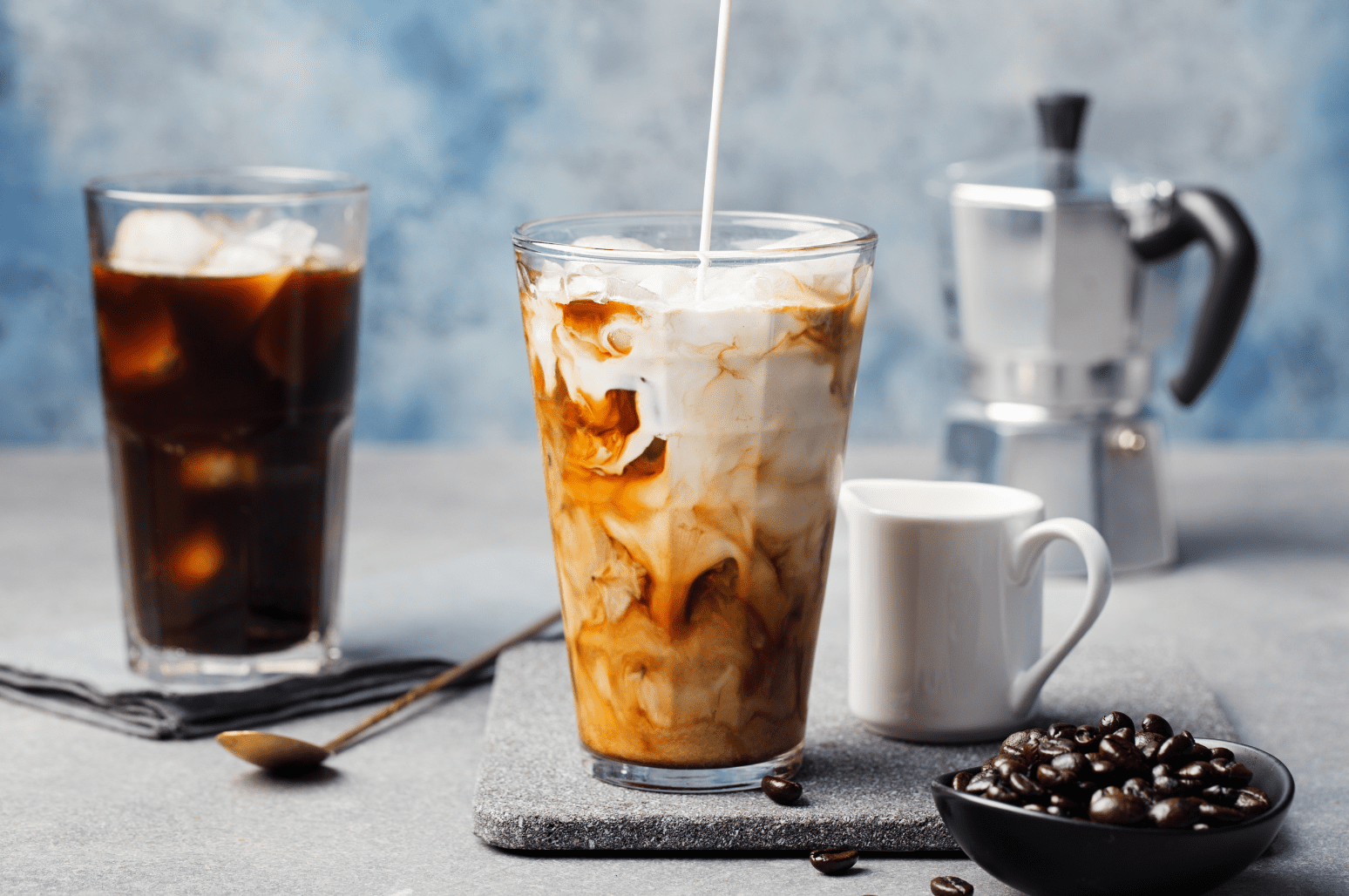
A warm cup of comforting caffeinated black tea on a cold afternoon is a perfect way to soothe your senses as you watch the steam rise from the top. On a summer day, an icy cold herbal tea can be refreshing like nothing else. Tea has been drunk by humans for thousands of years, and if you’re a tea lover, you understand why this beverage has such a long history. But if you’re new to the ketogenic diet, you may be wondering if tea is keto. What teas are keto-friendly, and can you add milk or sweetener?
Is Tea Keto?
Unsweetened tea is keto-friendly. All types of unsweetened tea, including black and herbal teas, have little to no carbohydrates, making them suitable for a ketogenic diet. For example, green tea has less than 1 gram of net carbs per 8 ounce cup. [1] The exceptions are bubble tea, most chai teas, and sweetened sugary teas.
Keto dieters can enjoy teas in numerous ways, from a warm black tea sweetened with keto sweetener to an iced herbal tea mixed with carbonated water. Of course, you’ll want to avoid added carbs such as sweeteners. Plain tea may be keto, but a tea product with added sugars, honey, or syrups is another story. Even one sugar cube could push you off the keto track. This means you’ll want to be especially careful with bottled teas, as these are often sweetened. If you’re ever unsure if a tea product is keto-approved, check the carb count on the label.
It’s best to keep your keto beverages between 0-5 grams of net carbs, which is the total number of carbs minus the sugar alcohols and fiber.
When considering teas, watch out for ingredients that’ll hinder ketosis, such as:
- Sugar
- Syrup
- Fruit juices
- Candied or dried fruit pieces
- Regular higher-carb milk
One cup of whole milk has over 11 grams of carbohydrates, so you have to be mindful of the sugars and milk. Ensure any milk used is low-carb and has no sugary additives. [2]
You can make chai tea keto-friendly by using whipped cream or a non-sweetened dairy milk alternative and a keto sweetener.
Suitable keto additions for your tea include:
- Keto sweeteners like stevia, monk fruit, and allulose
- Half-and-half
- Heavy whipping cream
- Unsweetened plant-based creamers and milk
Green tea and black tea are among the best keto-friendly choices. Green tea provides minerals like potassium and vitamins like A, E, and C. Antioxidant-rich green tea has also been shown to improve blood sugar control and fat burning. [3] [4]
The carbohydrate content of kombucha teas varies depending on the time it’s fermented and if there are any additional sugars. If you’re drinking kombucha, just be sure you stay within your macros and check the label. Kombucha could fit into a ketogenic diet.
Teas to Avoid on Keto
Most keto dieters aim for a total daily intake of 50 grams of net carbs, and some aim for as low as 20 grams of net carbs. [5] [6]
Some teas are off-limits when you’re following a ketogenic diet, such as a 16 oz sweetened ice tea from Arby’s, which has around 23 grams of carbohydrates. This is way too much for one sitting on keto, especially because it’s liquid calories and sugar. [7]

Bubble teas (boba or pearl teas) originated in Taiwan, and they contain sweetened milk, other flavorings, and pearls or balls of tapioca. Due to the sweetened milk, bubble teas aren’t keto-compliant.
Chai is a type of Indian milk tea, typically including condensed or evaporated milk and added sugars that take it off the keto menu. Many chai teas contain sweetened almond or soy milk. [8] [9]
Top Keto Tea Tips
To keep your tea keto, choose loose-leaf tea blends and make your own tea drinks at home. Add keto sweetener, butter, whipped cream, a dash of cinnamon or cocoa powder, vanilla extract, or your other favorite ingredients.
Just be sure to double-check that your keto sweetener doesn’t contain any maltodextrin, agave syrup, or coconut sugar. These sugars are too high in carbs for ketosis.
Instead of sugar-loaded energy drinks that also have artificial additives and dyes, go for a more natural drink with a high caffeine content, such as matcha tea or black tea like Earl Grey. Studies actually suggest consuming caffeine at breakfast time could increase ketone production.
Flower teas like hibiscus often bring a sweeter flavor even without any sugar, especially if you steep two or three teabags in a teapot at one time and leave it to sit a little longer. Not brewing for long enough produces a watery and weak drink, while brewing for too long can result in a bitter taste, so you might want to experiment and find your sweet spot.
Have fun with a delicious tea recipe from the creators here at Ketogenic.com:
Do you drink tea on keto? What’s your favorite kind of tea? Talk tea with other keto dieters here at Ketogenic.com.
References
United States Department of Agriculture (USDA) Food Database. Beverages, Tea, Green, Ready to Drink, Unsweetened. FoodData Central (usda.gov)
United States Department of Agriculture (USDA) Food Database. Milk, Whole, 3.25% Milkfat, With Added Vitamin D. FoodData Central (usda.gov)
Boschmann, M., & Thielecke, F. (2007). The effects of epigallocatechin-3-gallate on thermogenesis and fat oxidation in obese men: A pilot study. Journal of the American College of Nutrition, DOI: 10.1080/07315724.2007.10719627
Brown, A. L., Lane, J., Holyoak, C., Nicol, B., Mayes, A. E., & Dadd, T. (2011). Health effects of green tea catechins in overweight and obese men: A randomized controlled cross-over trial. British Journal of Nutrition, DOI: 10.1017/S0007114511002376
Masood, W., Annamaraju, P., & Uppaluri, K. R. Ketogenic Diet. StatPearls Publishing. Ketogenic Diet - StatPearls - NCBI Bookshelf (nih.gov)
Ma, S., & Suzuki, K. (2019). Keto-adaptation and endurance exercise capacity, fatigue recovery, and exercise-induced muscle and organ damage prevention: A narrative review. Sports (Basel), 7(2), 40. DOI: 10.3390/sports7020040
Self Nutrition Data. Arby’s Beverage: Iced Tea, Sweetened Nutrition Facts & Calories. Arby's beverage: Iced Tea, Sweetened Nutrition Facts & Calories (self.com)
Cardoso, G. A., Salgado, J. M., De Castro, M., & Donado-Pestana, C. M. (2013). The effects of green tea consumption and resistance training on body composition and resting metabolic rate in overweight or obese women. J Med Food, DOI: 10.1089/jmf.2012.0062
Vandenberghe, C., St-Pierre, V., Courchesne-Loyer, A., Hennebelle, M., Castellano, C-A., & Cunnane, S. C. (2017). Caffeine intake increases plasma ketones: An acute metabolic study in humans. Can J Physiol Pharmacol, DOI: 10.1139/cjpp-2016-0338









